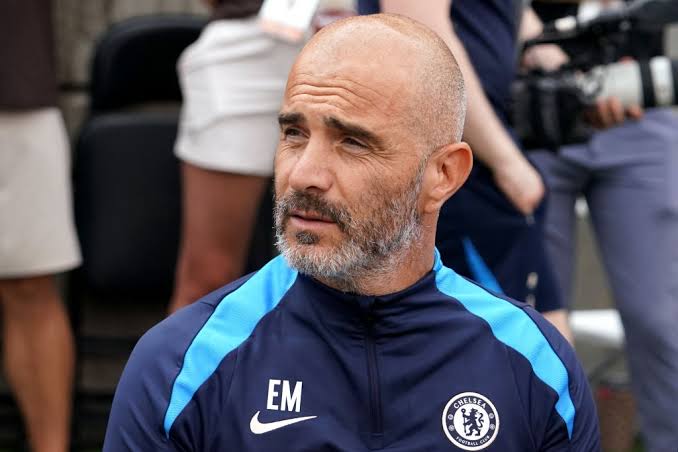Infrastructure development holds the key to expanding investment opportunities in Nigeria’s real estate sector, according to Mobolaji Adewumi, Managing Director and CEO of Abbey Mortgage Bank.
This insight emerged during the first quarter Detail Commercial Solicitors Business Series held recently in Lagos, where industry experts gathered to explore growth opportunities in Nigeria’s property market.
“The real estate sector in Nigeria is poised for significant growth, riding on three key drivers: peri-urban development, fractional ownership, and cost-effective sustainability innovation,” Adewumi explained during the event.
He emphasized how strategic infrastructure projects can transform accessibility and housing affordability: “Building a bridge across a peri-urban community and a fully urban community separated by a large expanse of water could significantly reduce travel time for commuters, allowing peri-urban dwellers to live in affordable neighborhoods while maintaining their quality of life.”
Adewumi highlighted the relationship between infrastructure development and population distribution, noting, “People who migrate to urban areas do so because they have seen developments move to those areas. Until the infrastructure problem is solved, we will continue to face pressure in urban communities. When infrastructure improves in peripheral areas, the demand for housing in overcrowded urban centers naturally decreases.”
Economic Challenges Driving New Ownership Models
Deji Alli, CEO of Mixta Africa, addressed how recent economic conditions have necessitated innovative approaches to property investment. “The devaluation of the naira, alongside widening inflation and interest rates, has reduced earning and purchasing power, putting a strain on investors’ ability to deploy resources into the sector,” Alli observed.
He advocated for fractional ownership models as a solution: “Crowd-pulled funds will fill existing market gaps and broaden the off-taker base of real estate products and services. The income gap arising from global inflation and increased building material costs makes fractional ownership a more effective choice for investors.”
Alli believes this approach will “drive home ownership interestingly and creatively” while expanding “the bracket of those participating in this market” by attracting investment from previously untapped sources.
Affordable Sustainability Practices
Odunayo Ojo, CEO of UPDC Plc, offered practical insights on sustainable development, encouraging developers to invest in peri-urban infrastructure to enhance their appeal. He challenged the notion that sustainability must be expensive, suggesting that “sustainability can be inexpensive when simple decisions like where materials are sourced from, how they’re transported to sites, and their environmental impact are carefully considered.”
Adewunmi Alade, Partner Designate at Detail Commercial Solicitors, concluded by noting the timeliness of the discussion, describing it as addressing “a very topical issue in modern-day Nigeria housing.” She commended the experts for offering practical solutions to longstanding challenges in the sector.
The session highlighted how infrastructure development, innovative ownership models, and practical sustainability approaches could collectively transform Nigeria’s real estate landscape despite current economic challenges.








Leave a Reply